
The recent viral video of a Yaa Asantewaa Girls’ Senior High School student being forced to cut her hair has once again ignited a national debate about personal rights, school discipline and cultural conformity.
The video, which was reportedly filmed and shared by the barber, without consent, has drawn public outrage, not just for the act itself, but for what it represents, a system still struggling to balance tradition with modern interpretations of human rights.
This incident immediately brings to mind the case of Tyrone Iras Marhguy, the Rastafarian student whose admission to Achimota School in 2021 was initially denied because of his dreadlocks. After a heated national debate, the Human Rights Division of the High Court ruled in his favour, affirming that denying admission based on hairstyle amounted to a violation of his fundamental human rights. That ruling was not merely about hair; it was about the recognition of individual identity, religious freedom and dignity within public institutions.
Four years on, however, the conversation seems to have come full cycle. The Minister for Education, Haruna Iddrisu, speaking at Mawuli Senior High School’s 75th anniversary, stated emphatically that no student with long hair will be admitted into any public senior high school.
According to him, permitting such freedoms could erode discipline, leading to challenges over dress codes and other school rules. While his concerns about maintaining discipline are valid, the outright ban on long hair in the face of a standing court ruling raises troubling legal and moral questions.
How do we reconcile a court’s decision, which affirms that hairstyle is a matter of personal and religious freedom, with a ministerial directive that enforces conformity in the name of discipline? When the law upholds individual rights but policy dictates otherwise, we are left in a state of contradiction, one that undermines respect for the rule of law and weakens public trust in governance.
If the Minister of Education truly believes that Ghana’s schools must maintain a strict uniform hair policy, then the appropriate route is legislation, not pronouncement. As a Member of Parliament, he has the power to initiate a bill to codify such standards. That would at least provide legal clarity and democratic legitimacy, rather than leaving students and headmasters caught between conflicting interpretations of law and policy.
The notion that long hair, dreadlocks or braids undermine discipline stems from outdated colonial-era notions of order and respectability. Education should be a space that moulds minds, not identities. Discipline and excellence are not measured by the length of one’s hair but by the content of one’s character, commitment to learning and contribution to society.
Tyrone Marhguy’s reflection on social media captures this perfectly. He questioned the link between uniformity and equality, a challenge that should make us pause. If uniformity means suppressing diversity, then perhaps we are teaching our young people the wrong lesson about freedom, tolerance and coexistence.
As we continue to modernise the education system, we must ensure that discipline and human rights coexist. The goal should not be to produce obedient students who all look alike, but confident citizens who think critically and express themselves responsibly.
The debate over hair may seem trivial to some, but it reflects a much larger struggle to reconcile tradition, law and modern values in a democratic society.
For more news, join The Chronicle Newspaper channel on WhatsApp: https://whatsapp.com/channel/0029VbBSs55E50UqNPvSOm2z
The post Editorial: Public Senior High Schools, Long Hair And Matters Arising appeared first on The Ghanaian Chronicle.
Read Full Story




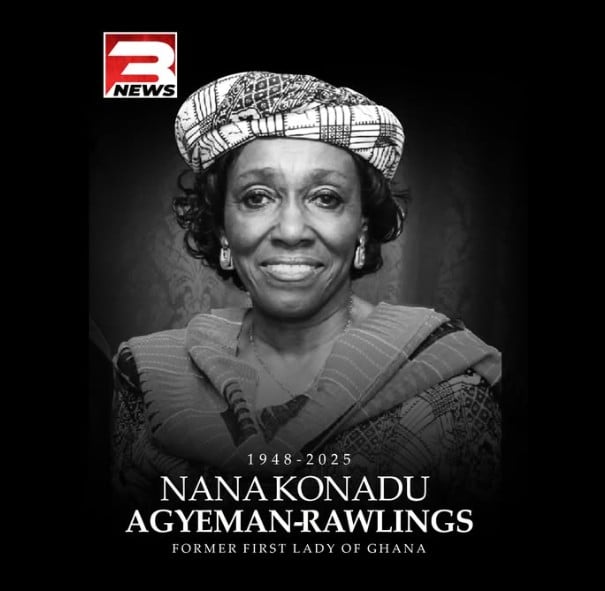
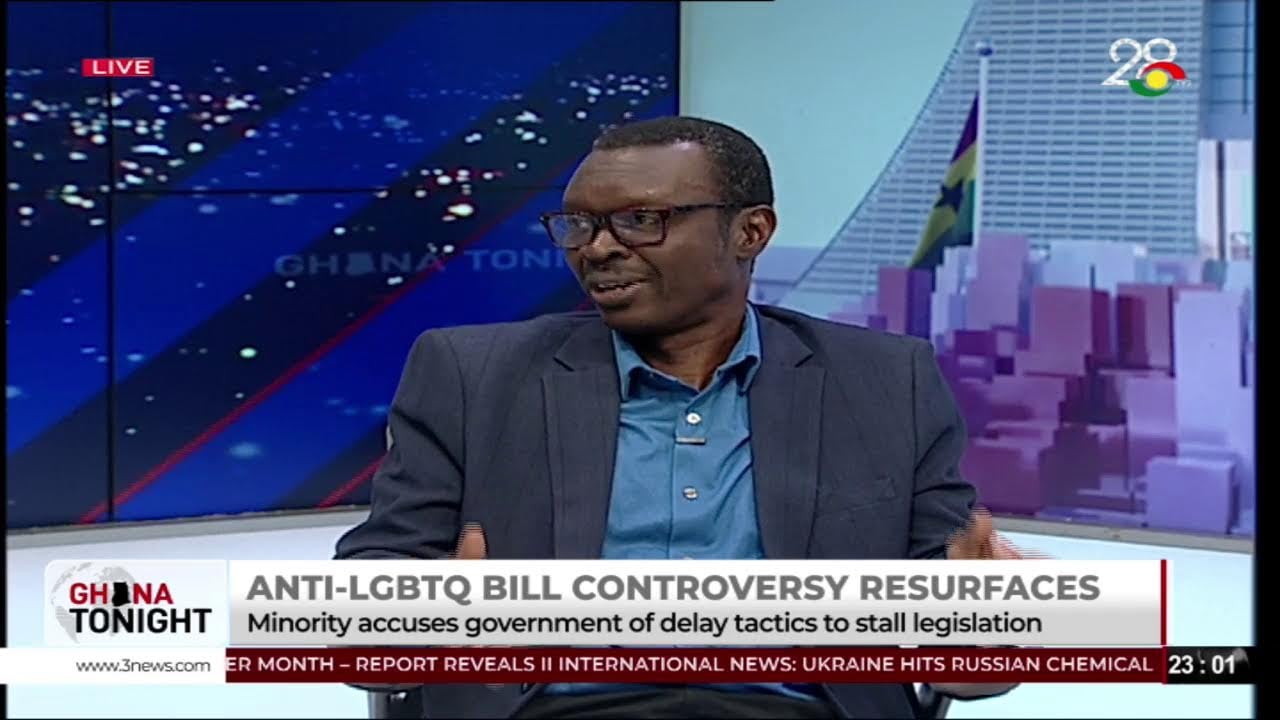

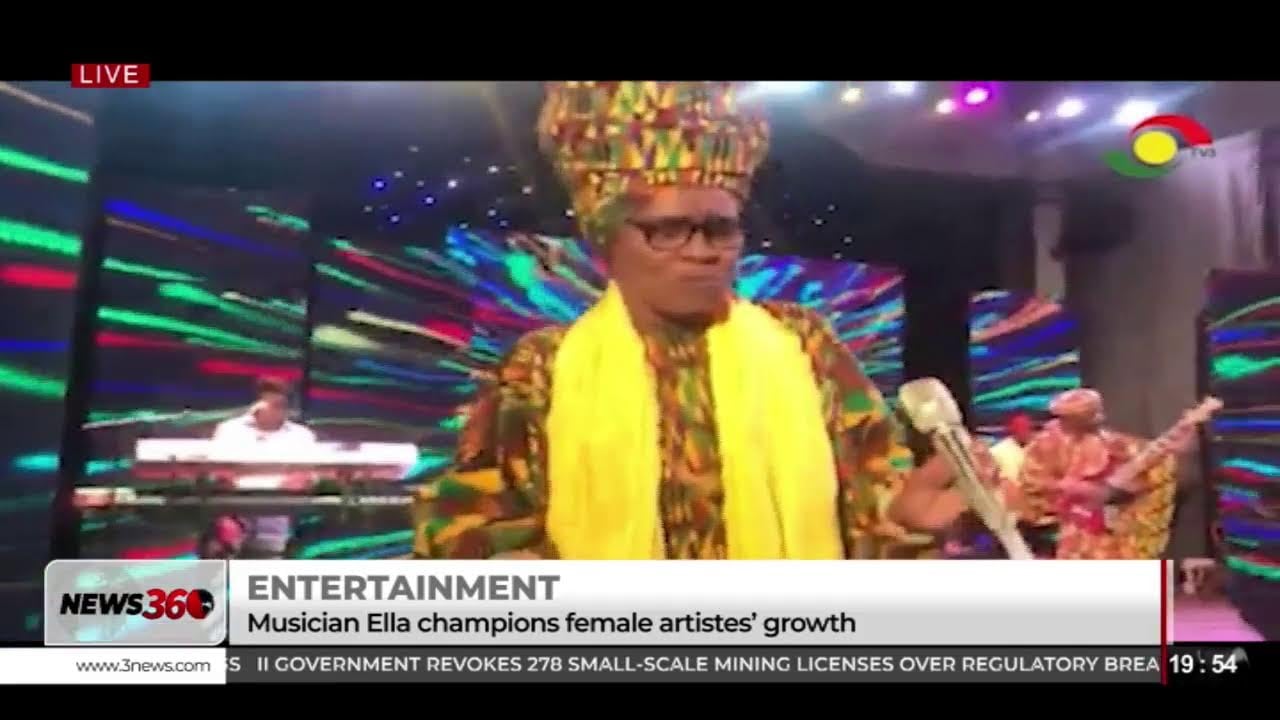
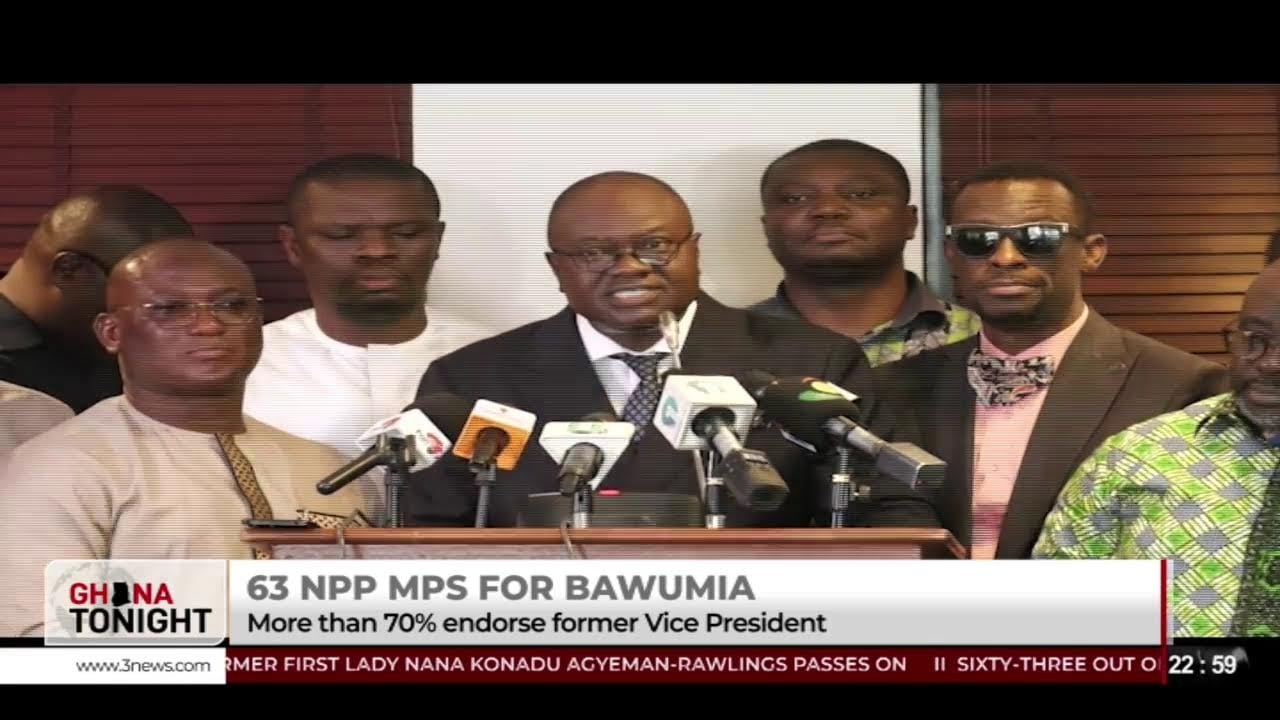
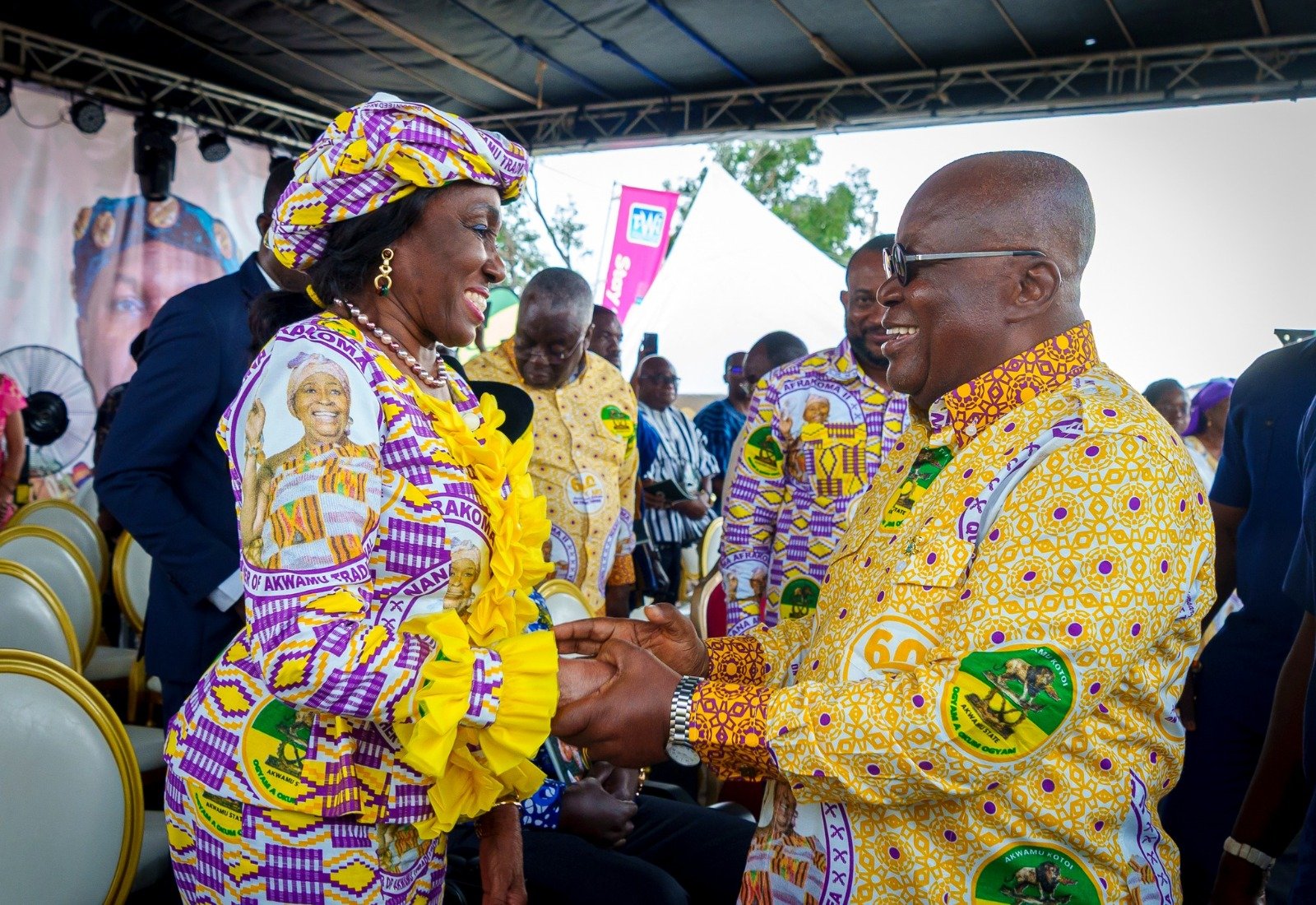


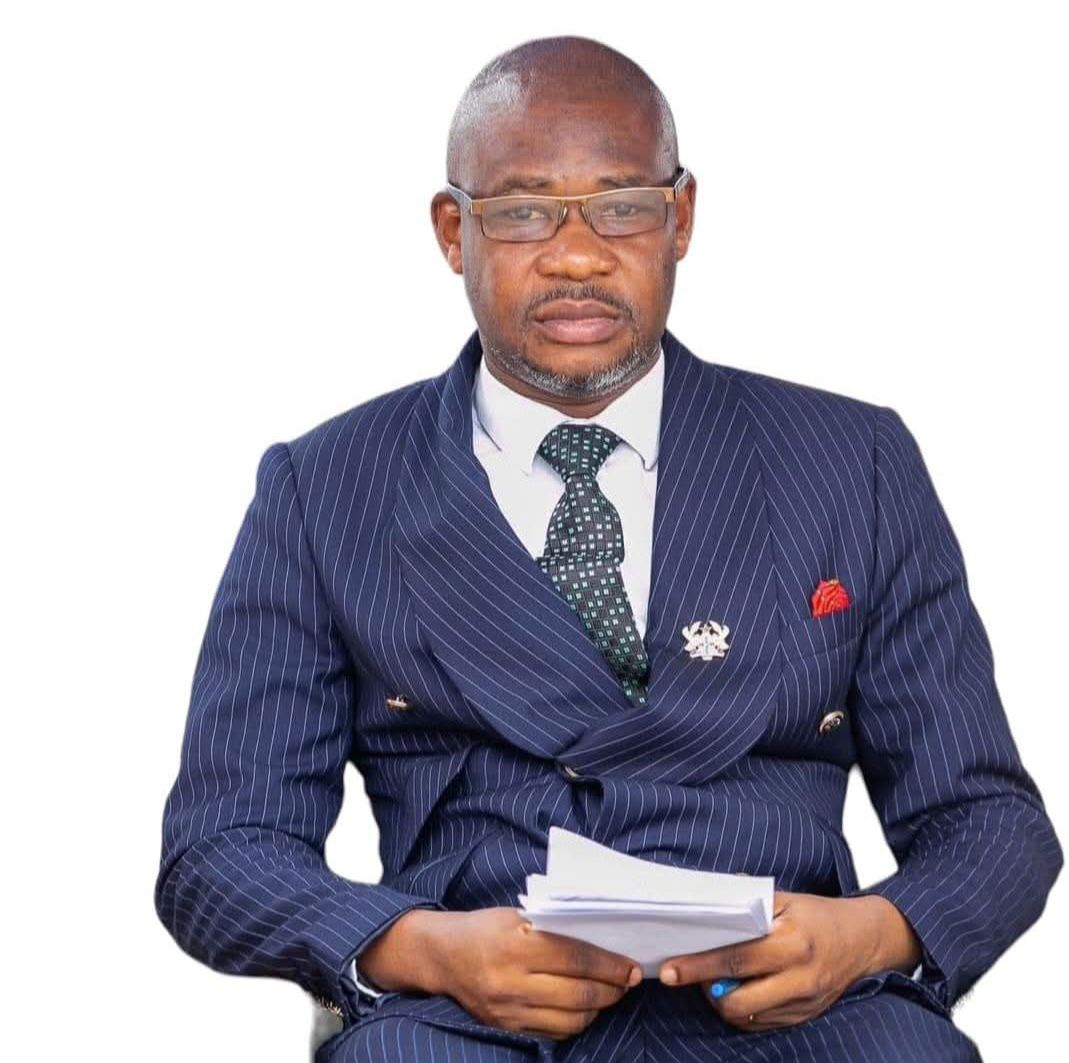


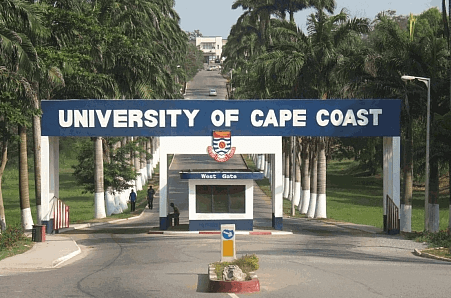





Facebook
Twitter
Pinterest
Instagram
Google+
YouTube
LinkedIn
RSS